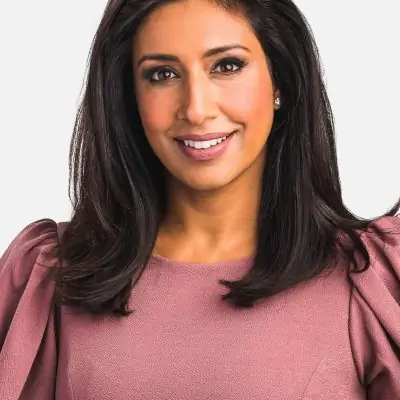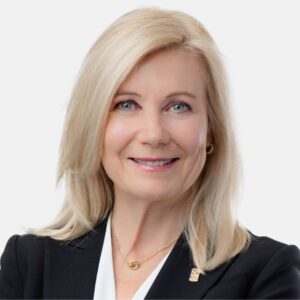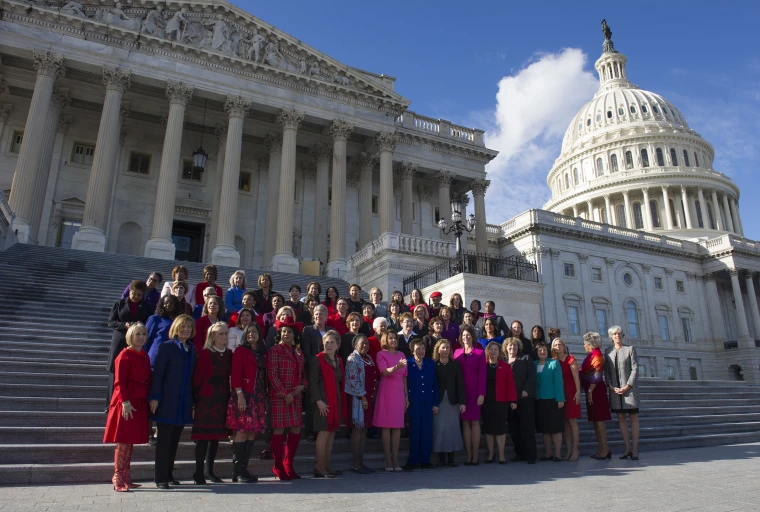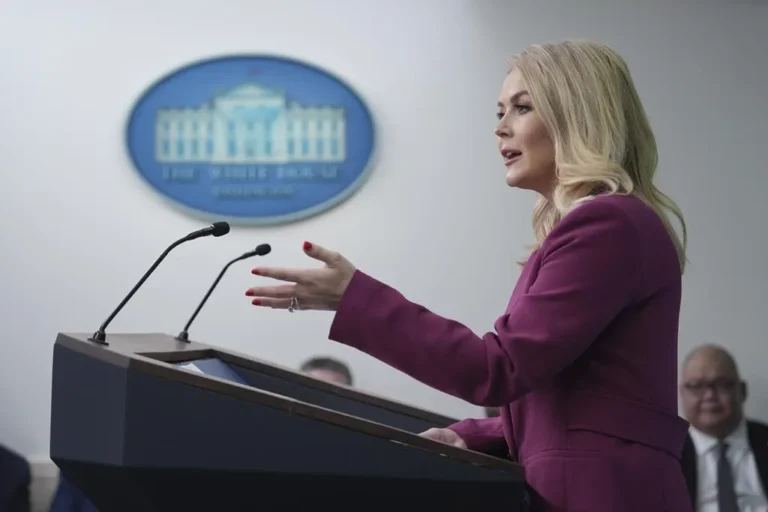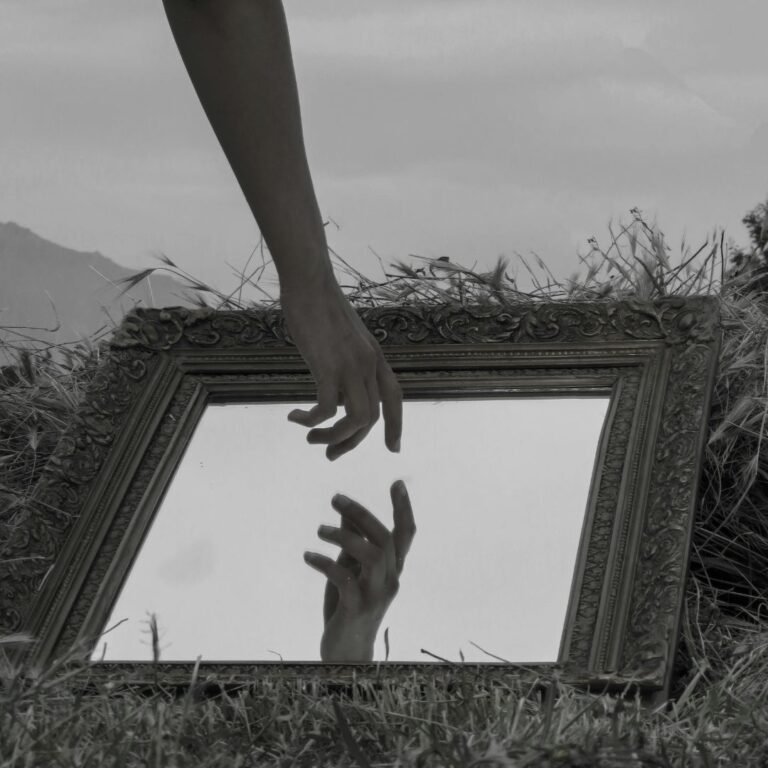Vassy Kapelos – Canadian political journalist, currently serving as the chief political correspondent for CTV News
Vassy Kapelos is one of the most well-known figures in Canadian media and politics. An award-winning journalist, she hosted Power and Politics on CBC for five years before recently announcing a move to CTV News. There, she will take on the role of Chief Political Correspondent and host not one, but two shows “Question Period” and “Power Play.”
On the heels of her biggest career move yet, Kapelos sat down with Jennifer Stewart and Catherine Clark for this episode of The Honest Talk.
From her first job in Saskatchewan to her new national radio show and bellwether hosting gigs, her childhood, husband, parenting and more, this interview covers it all.
Note: This transcript has been edited for clarity and length.
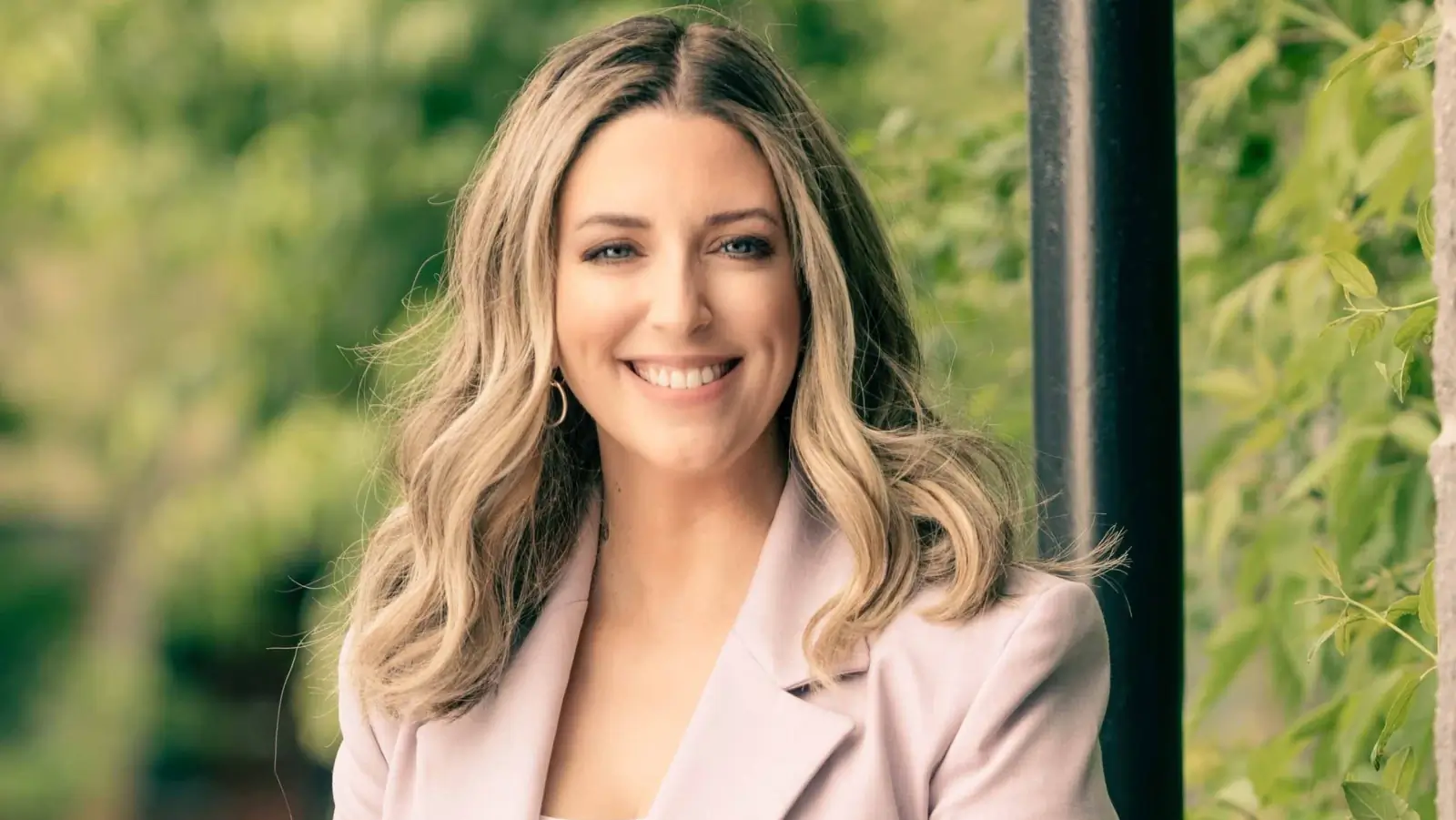
Why did Vassy Kapelos move to CTV?
Jennifer Stewart: First of all, huge congratulations on your new role at CTV. How are you feeling?
Vassy Kapelos: I think I’m feeling better than I was a few days ago, when I had to make the decision and then communicate it to the people I work with at CBC, because I’ve had such a wonderful experience there. So that was a struggle for me.
And then as soon as that was done, I definitely felt like 10,000 pounds off my shoulders. I have a few mentors who have told me these are once-in-a-career kind of moments. Soo try to not be stressed out during them and enjoy them. And I think to a certain degree, I’ve tried to do that. I’m happy and I’m excited. And I’m still a bit melancholy about leaving.
Catherine Clark: It’s really hard to leave a team behind. What made you decide that this was the right time for this kind of career move?
Vassy Kapelos: I wasn’t thinking about it. I had a baby 18 months ago and I was navigating coming back onto the show since February. I also wanted to spend time with my son. It just wasn’t something I was thinking about at this point in my life.
The opportunity came to me. They approached me, and I sought counsel from a few people, especially my dad. To them, it seemed obvious initially, but I was hesitant because I was attached to the show. It had taken me a long time to make it my own, and I was enjoying it. My dad and a few others said, “You can’t predict when this stuff will happen. Sometimes you just have to seize it.” Over time, that became evident to me.
I feel fortunate that the opportunity came before me and I decided to take the risk instead of staying where I was happy and comfortable.
Jennifer Stewart: They’re so fortunate to have you. If something becomes complacent or easy for me, I start looking for the next thing. I thrive off the feeling in my belly when something is nerve-wracking or a new opportunity, especially as a woman, an opportunity to prove myself. Would you say you’re like that too?
Vassy Kapelos: To a degree, I am. In this instance, it wasn’t easy. The show is a challenge every day. In the first few years, it was tough for me. I was overcome by voices from outside and didn’t know how to filter them out. In the last few years, through my pregnancy and returning from maternity leave, it was a different, enjoyable job. I liked going to work, but I wouldn’t say it was easy.
I’ve always known that if a giant opportunity presents itself, I usually go for it. I am a risk-taker, even though I don’t think of myself that way.
Vassy Kapelos
I asked myself and others how I would feel if someone else took the opportunity. Every time I asked that, I realized I would be devastated if I missed out. I’ve never chosen to stay in my current position when faced with such a choice. However, I wasn’t comfortable yet in balancing it with my home life.
Vassy Kapelos about impact of her parents and love for politics
Catherine Clark: You mentioned turning to your dad for advice. Can you talk about your influences growing up? Were you a risk-taker as a kid? Tell us about your influences and what you wanted to be as a little girl.
Vassy Kapelos: My biggest influences, by far, are my parents. They met in politics, although they didn’t have careers in politics. My dad is a lawyer and my mom worked with him. But politics was a huge interest for them throughout my childhood.
My parents were incredibly hard workers. My dad is self-employed and took many risks, like buying real estate. We faced challenges when the recession happened and stores left the places we had, so we started our own grocery store.
We were involved in all of it. I designed the logo for the grocery store at 12 years old. At 13, I managed the store while the manager went on vacation. The work ethic, risk-taking, and entrepreneurial spirit were part of our upbringing and have shaped who I am. While there are other influences in my life, none compare to my parents. We were a close family, and although my parents worked a lot, they spent with us all time they didn’t work.
Jennifer Stewart: So the work ethic was instilled in you by your parents, the resilience, but where did the love for politics come from?
Vassy Kapelos: It came from them, too. They met through politics and bonded over their interest in politics. We had three newspapers delivered a day and then four on Sunday. They read them all the time. My parents always used to tell people the story they were looking for me when I was six years old, and they couldn’t find me and I was sitting on the toilet with the Star reading it. It’s so corny, but it actually happened.
Vassy Kapelos about decision to pursue a career in journalism
Catherine Clark: Did you ever consider running instead of reporting?
Vassy Kapelos: No, not really. I always had an interest in politics, so I pursued it in undergrad and graduate but I didn’t really know exactly what I would do with it. And then once I decided to go into journalism, I kind of ruled that out. I felt like once I chose that path that the most important thing to me is to be perceived free of bias. If I decided ultimately to do something like that, that would be the end of journalism and right now that’s the career I want to pursue.
Jennifer Stewart: We have a lot of mutual friends. And anyone that I talked to that talks about you, just lights up. How do you be so authentic and so kind when you’ve got such a demanding job, and there are a lot of things to be cynical about?
Vassy Kapelos: We’re all people. We’re not just our careers. And I’ve been so lucky to have a wonderful life. I have a wonderful family and I have great friends. I really enjoy my career, but I have a lot of other interests. And I know the significance and the importance of having other stuff in your life and not being all about yourself. My parents provided that example for me as well.
We’re all people. We’re not just our careers.
Vassy Kapelos about her husband’s support
Catherine Clark: The last time we chatted was the day after the Queen died. It was also the first week that your son went to daycare. Tell us like how is he doing? How is it for you to be balancing being a mom of a really little kid and a stepmom and doing this immense job?
Vassy Kapelos: All the advice you gave me was helpful! I think he still cries when I leave him, but it takes three seconds for him to be okay. I just feel like I’m still navigating it. The other big consideration I had was, can I take a big job like this where you can’t really say no.
You can’t sign up for a job like this and say, “I’ve got to take call in sick today because my kid’s home from daycare.”
Vassy Kapelos
A lot of that involves tough conversations with my husband and the amount of responsibility he’s willing to take on in that respect. And basically, what it comes down to is he will have to sacrifice to see me achieve my dreams. And I’m really grateful that he’s willing to do that. And if we feel like it’s working, great. If we feel my son Nick is at a disadvantage, then we’ll reevaluate. It’s super nerve-wracking.
I keep thinking, ‘Am I going miss the next five years? Am I not going to be there enough?’ But then circling back to my parents who worked so much and yet spent all their time outside of work with us. And I never once felt deprived of love or influence.
Jennifer Stewart: It’s interesting, because so many women that we speak to on this podcast have a supportive partner. Without that, many have said that they wouldn’t have progressed, they wouldn’t have taken a position, they wouldn’t have had that balance in their home life. So talk to me a little bit about your partner and what that support means to you.
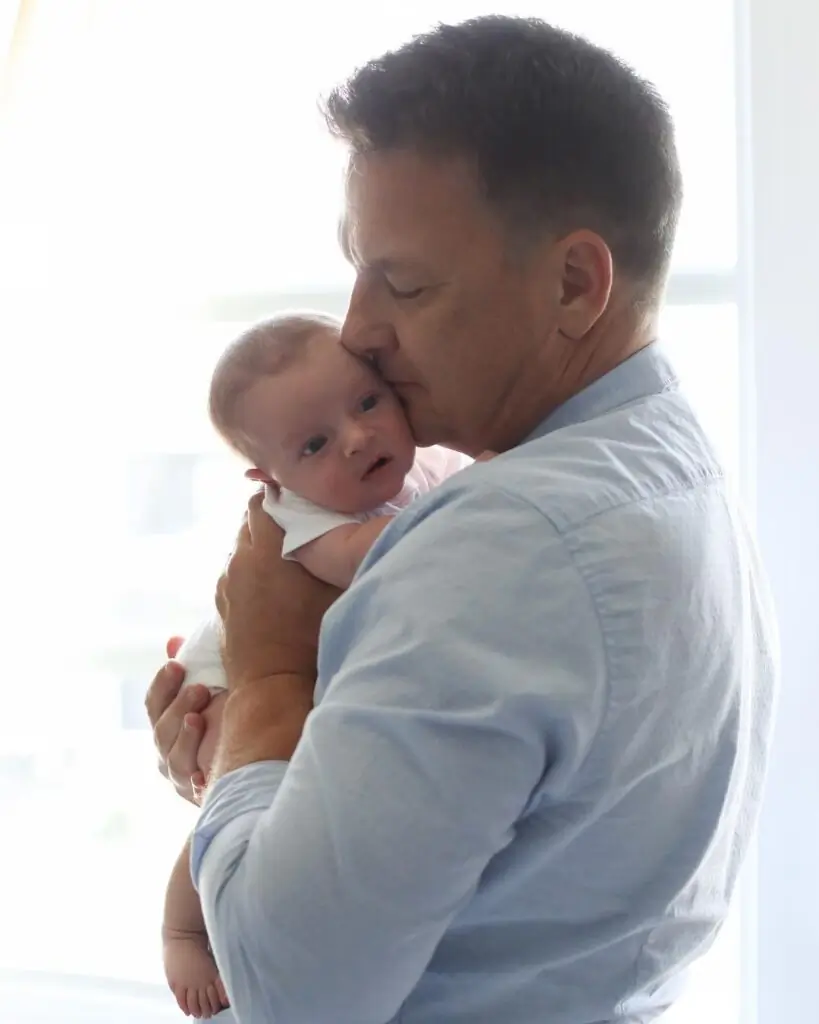
Vassy Kapelos: It means everything to me. I’m really lucky. I met Frank later in my life. We worked together at Global, and he’s 10 years older than me. He had two kids. It was in no way what I had anticipated. And I think the good thing is when you meet a bit later in your life, you kind of know what you’re getting.
I didn’t have to pretend to be any less ambitious than I was. And he really changed his life for me, too. I don’t think he pictured having a kid at 49. He did it for me, and he loves our son so much. And I just think I hit the lottery.
Losing her mom to cancer
Catherine Clark: Vassy, you have talked a lot about your parents and you’re lucky to have had such an exceptional family but also just role models in your mom and dad. And you still have your dad, but you don’t have your mom. You lost your mom to cancer several years ago. I really can’t imagine, especially given how close you were, how devastating that experience must have been for you. But how did your mom’s death affect how you approached your own life moving forward?
Vassy Kapelos: It was devastating. She passed away really suddenly. I worked for Global then in Edmonton. I’d just started the job, and they let me leave. So I spent the whole three months with her at home. It did make me more resilient. You go through something that you would have thought you could never get through, like your worst nightmare, growing up, and then it happens, and you’re able to keep going.
Also it was tough, because I remember in those first few years, I just didn’t want to leave my house. I didn’t want to make friends. I was thinking you could die tomorrow. You’re slapped in the face with the idea that your life can end so prematurely because my mom was only 63. And she had no symptoms, she was tired. That’s it. It felt like a car crash or something.
You just lose your sense of immortality completely. But there is through time a positive in that. I say yes to everything pretty much. And that has actually persisted throughout the 12 years since that happened. As a result, I made some of the best friends I’ve ever had.
Jennifer Stewart: Is there something specific from your mom, tangible or intangible, that supports you mentally or emotionally?
Vassy Kapelos: I think about her all the time. This week has been particularly tough. When big things happen, it’s hardest that she’s not there. She invested so much in my career. She believed in me when I started in Swift Current. I was afraid I would never get a job, but her belief in me never wavered. My dad was also like that. My mom was warm, sweet, and loving, but you wouldn’t know it if you came across her. She meant business and didn’t tolerate nonsense from anyone. She was true to herself, not worried about being liked or loved.
When I faced online hate and negativity, I thought of her because she would never care. She had her own moral guideposts and got things done. She had a difficult life, immigrating from Germany after World War II, facing poverty and discrimination. She was a tough, resilient person. I think of her all the time, especially as I navigate this stage of my life and career. I wish I could be even half the person she was in all those respects.
Dealing with negativity online
Catherine Clark: You talked about channeling her when you face pushback, and women in media often endure aggression and horrible comments. How do you establish boundaries to block out the negativity?
Vassy Kapelos: I’m glad you asked that. I hope this helps some people who may be listening. I’ve been through a lot myself. I want to acknowledge that there are people in less privileged positions who face even worse attacks. I’m aware that I have it easier than many others, so I’m not the definitive authority on this subject. Starting my new job, particularly when it was new, was the hardest part. I was inundated with criticism about everything: my appearance, speech, intellectual capacity, you name it.
Five years ago, I used to come home crying and feeling worn down. But now, I’m completely unaffected by it. The key change I made was getting off Twitter when I went on my maternity leave. Before that, I had already muted my own mentions, so I used it more like a wire service without reading what people said. Now, it doesn’t bother me at all. I’ve genuinely become immune to it. Removing myself from a lot of the negativity was the key for me.
Interestingly, many news organizations are adopting this strategy of distancing themselves from vitriolic platforms. There’s no rule that says we have to be on them. I don’t know what kind of fame and glory I was seeking, but who cares? Even if 40,000 people hate me, it’s a country of 35 million. At the end of the day, I want to be respected and treat people well.
If someone said I treated them terribly or was a bad person, that would hurt, but random people who don’t know me or haven’t worked with me, I just don’t care. So, if anyone listening is going through that, I want them to know it’s okay to remove yourself. The advantages and benefits of doing so far outweigh any disadvantages.
Jennifer Stewart: I think that’s good advice. You’ve talked about the importance of humility in terms of how you do your job. And I found that interesting because being humble, leaving ego behind is not something you hear a lot of people talk about. Why do you think humility is such an important tool?
Vassy Kapelos: I’m a big believer that you should work your way up. I worked in Swift Current, I shot my own stuff. I edited it, I covered luncheons, I covered the Saskatoon Berry Festival on the weekend. I remember thinking, “What am I doing? I’m too good for this. I just got a master’s; I want to be talking about politics.” It was ridiculous. I was terrible on air. I was a terrible writer. There were so many things about the profession that I had to learn, and I could only do that through experience.
I very quickly pivoted and realized I’m going to throw myself into it. So I made the best damn Saskatoon berry story you could ever see. I learned how to write creatively and write to pictures and shoot really good pictures and a host of new skills by checking my ego at the door.
You don’t have to have a big ego to be successful in this business. I think you need to be confident in what you do.
Vassy Kapelos
You need to prepare, over prepare, if you can, so that that confidence doesn’t come from a vacuous place. But other than that, I don’t think you should feel entitled to anything. I still feel like I have to work my butt off. And I don’t think I’ll ever not feel that way. I know I have to earn it all. That lesson came to me very, very early in my career, and it has certainly stayed with me throughout.

